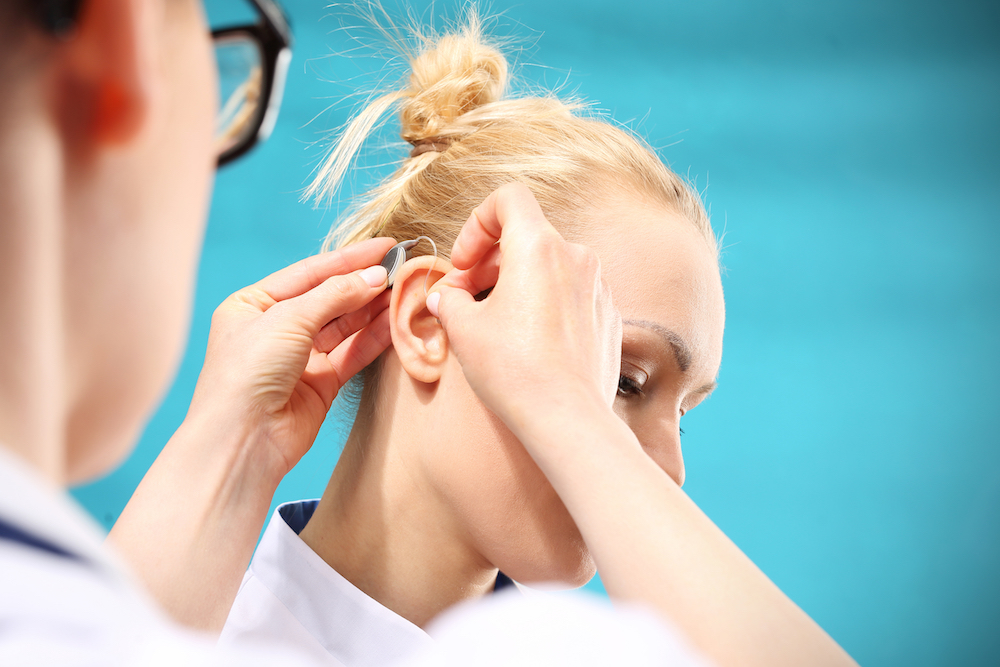What First Responders Should Know About Hearing Protection
First responders face unique challenges when it comes to hearing because


First responders face unique challenges when it comes to hearing because

Hearing aids are an effective way to address hearing loss, yet many people

Most people don’t give much thought to earwax unless it starts to